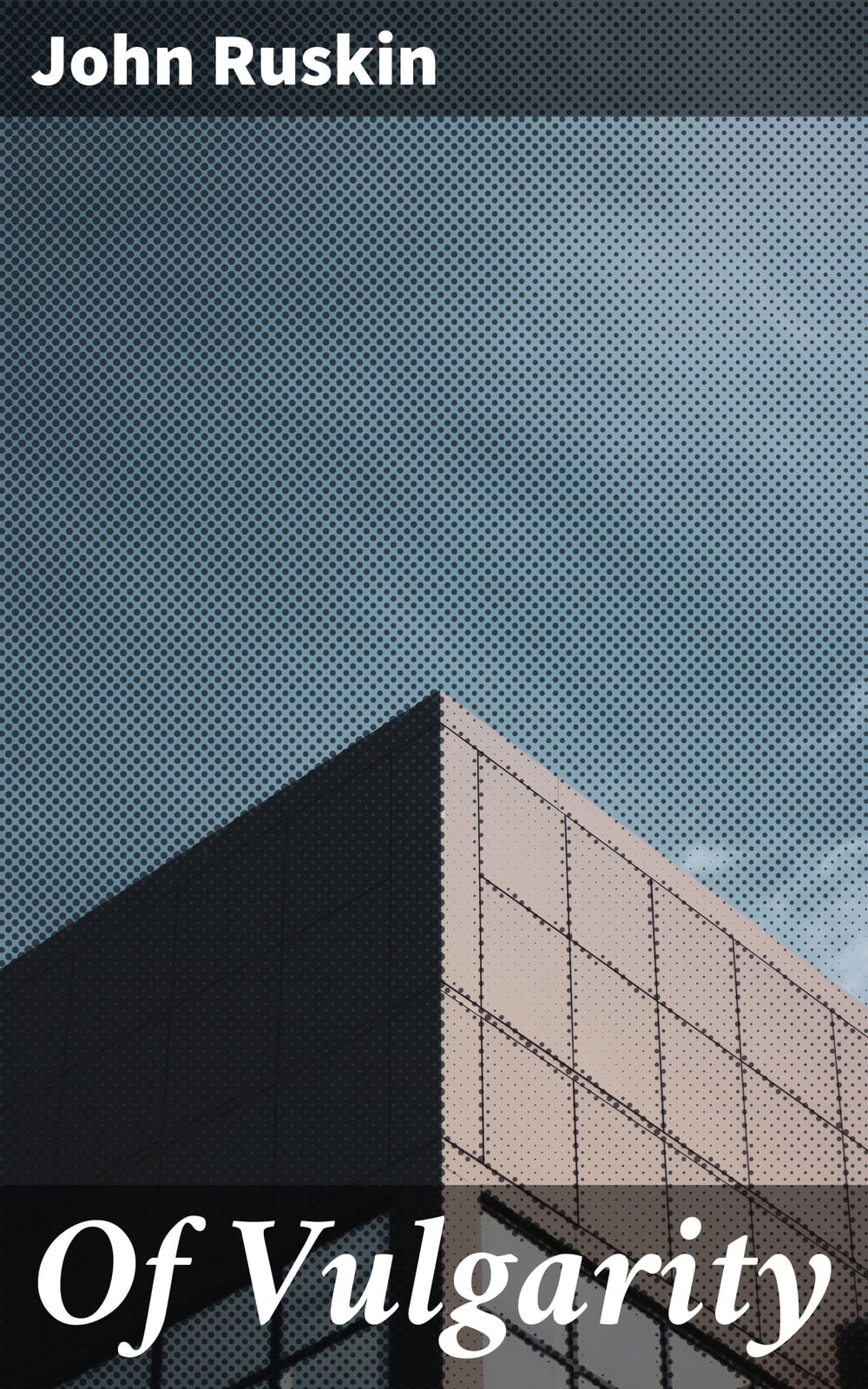Of Vulgarity
In "Of Vulgarity," John Ruskin eloquently critiques the moral and aesthetic decline of society as he grapples with the pervasive culture of vulgarity in art and daily life. Through his characteristic blend of passionate prose and incisive observation, Ruskin employs a range of rhetorical techniques to dissect the impact of commercialism on human sensibilities. The book is firmly rooted within the context of the Victorian era, addressing the tension between industrialization and the search for meaningful artistic expression, thereby reflecting Ruskin's broader concerns with beauty, morality, and society's ethical compass. John Ruskin (1819-1900) was a prominent art critic, social thinker, and philanthropist whose multifaceted career was shaped by his deep engagement with art and architecture. Influenced by the tumultuous social changes of the 19th century, Ruskin became an ardent advocate for the relationship between art and morality. His commitment to the Pre-Raphaelite movement and his opposition to the mechanization of culture fueled the insights presented in this work, revealing his desire to elevate human experience above the trappings of commercial exploitation. This book is a must-read for anyone interested in the intersection of art and ethics, as Ruskin challenges readers to contemplate the significance of beauty in a society increasingly obsessed with material gain. With its timeless relevance and acute observations, "Of Vulgarity" invites a critical reflection on our own cultural practices, making it an essential text for students of art, literature, and social philosophy.
-
Autore:
-
Anno edizione:2020
-
Editore:
-
Formato:
-
Lingua:Inglese
Formato:
Gli eBook venduti da Feltrinelli.it sono in formato ePub e possono essere protetti da Adobe DRM. In caso di download di un file protetto da DRM si otterrà un file in formato .acs, (Adobe Content Server Message), che dovrà essere aperto tramite Adobe Digital Editions e autorizzato tramite un account Adobe, prima di poter essere letto su pc o trasferito su dispositivi compatibili.
Cloud:
Gli eBook venduti da Feltrinelli.it sono sincronizzati automaticamente su tutti i client di lettura Kobo successivamente all’acquisto. Grazie al Cloud Kobo i progressi di lettura, le note, le evidenziazioni vengono salvati e sincronizzati automaticamente su tutti i dispositivi e le APP di lettura Kobo utilizzati per la lettura.
Clicca qui per sapere come scaricare gli ebook utilizzando un pc con sistema operativo Windows




